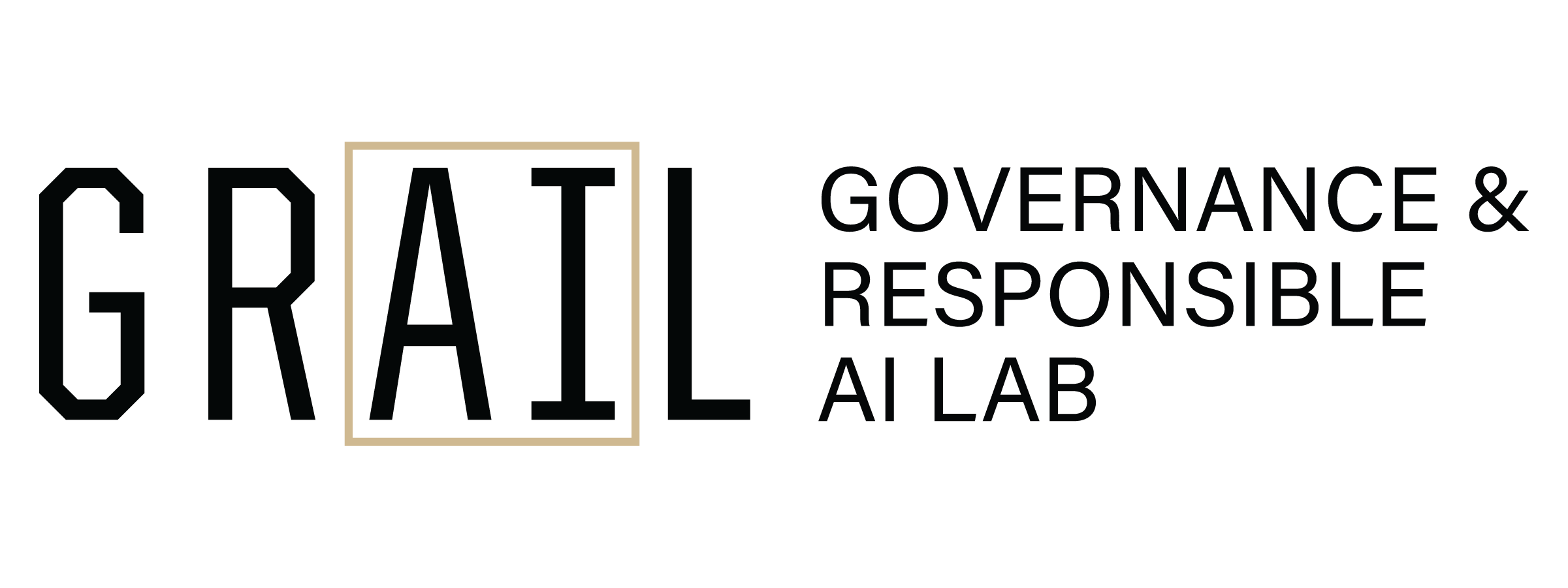
Global AI Ethics Documents: What They Reveal About Motivations, Practices, and Policies
This chapter examines the global proliferation of AI ethics documents, exploring why they are being produced and what they reveal about the motivations, practices, and policies surrounding AI.
Executive Summary
In recent years, numerous organizations worldwide have produced normative documents identifying potential benefits, harms, and associated recommendations related to artificial intelligence (AI). This chapter examines why these AI ethics documents are being produced and what they can tell us about the motivations, practices, and policies that surround AI. While much of the literature to-date discusses whether consensus on ethical principles is emerging, critical unanswered questions remain around representation and power, the translation of principles to practices, and the complex set of reasons that underlie the creation of these documents. Our work brings attention to these underexplored issues through a comprehensive literature review, and by proposing a novel typology of motivations that helps to characterize the creation of AI ethics documents. Finally, drawing on the recent case of gene-editing ethics documents, we argue that AI ethics stakeholders can achieve more beneficial impacts for society by fostering more diverse and inclusive participatory processes.
